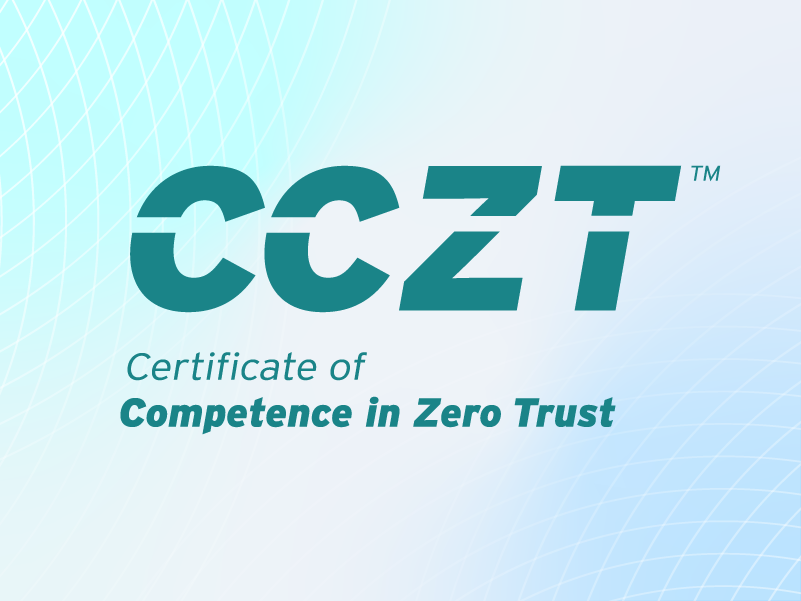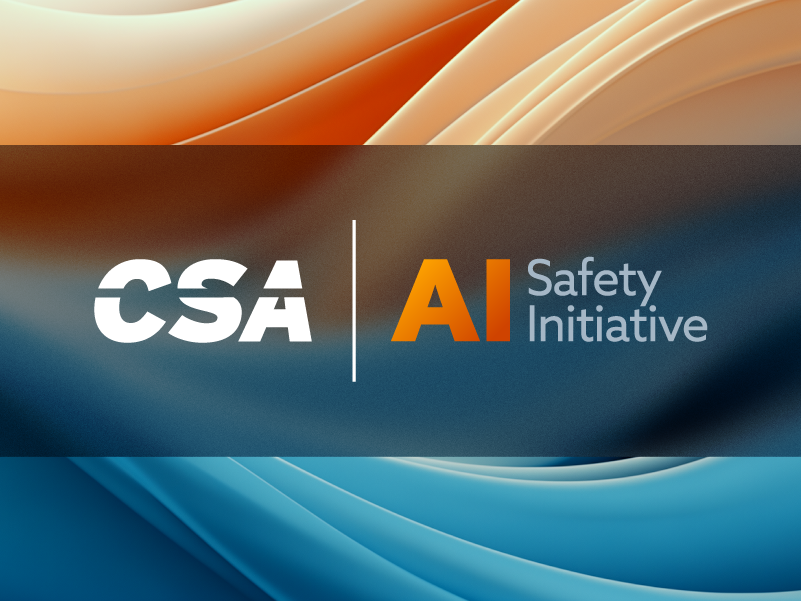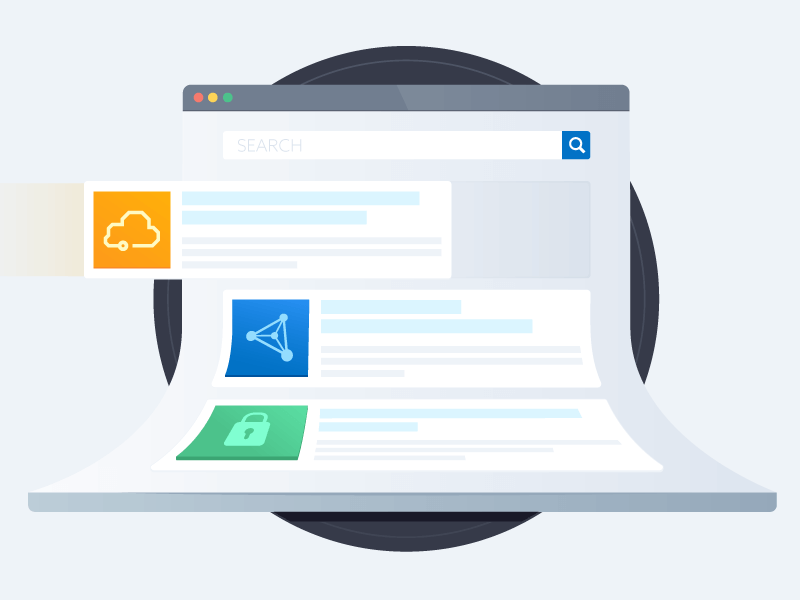The Impact of Blockchain on Cloud Security
Published 10/03/2023
Written by Sayali Paseband, Senior Security Consultant, Verisk.
We live in an era where cloud computing has become the backbone of all our business operations. Ensuring the security of data and transactions in the cloud has become more important than ever. Cyberattacks and data breaches are pervasive threats, and organizations are constantly seeking innovative ways to bolster their cloud security measures. One technology that has been gaining traction for its potential to enhance cloud security is blockchain.
What is Blockchain Technology?
Blockchain is a distributed ledger technology, originally created to strengthen cryptocurrencies like Bitcoin. However, its applications have now expanded far beyond just the cryptocurrencies. At its core, blockchain is a decentralized and immutable ledger that records transactions across multiple nodes or computers. Each transaction, or ‘block,’ is connected to the previous one, creating a chain of blocks.
How Blockchain can enhance Cloud Security?
Immutable Audit Trails: One of the fundamental features of blockchain is immutability. Once data has been recorded on the blockchain, it cannot be altered or deleted without agreement from the network participants. This property of Blockchain can be leveraged to create an immutable audit trail of all activities within a cloud environment. Each change, access request, or data transfer can be securely accessed on the blockchain, providing transparency and accountability.
Data Integrity Assurance: Data stored in the cloud can be vulnerable to unauthorized accesses or tampering. By creating cryptographic hashes of data and storing them on the blockchain, organizations can ensure the integrity of their data. Any unauthorized changes to the data will result in a mismatch between the stored hash and the recalculated hash, triggering an alert.
Decentralized Identity and Access Management: Blockchain-based identity management systems offer a compelling solution for enhancing authentication and authorization in cloud environments. Users can have self-sovereign identities stored on the blockchain, reducing the risk of identity theft. Decentralized identity systems also provide users with greater control over their personal information and consent for its use.
Smart Contracts for Security Policies: Smart contracts are self-executing contracts with the terms of the agreement directly written into code. These can be used to automate and enforce security policies in cloud environments. Access control policies, for instance, can be incorporated into smart contracts to ensure that only authorized users can access specific cloud resources.
Supply Chain Security: Ensuring the security of software supply chains is crucial in preventing malicious code from infiltrating cloud environments. Blockchain can be employed to create a transparent and tamper-proof record of software and updates, verifying their authenticity and provenance.
Zero Trust Security: Blockchain is compatible with the principles of Zero Trust security. With blockchain-based identity and access management, trust is never ever assumed, and continuous verification is always maintained, ensuring that only authenticated and authorized entities can access cloud resources.
Conclusion
Blockchain technology has the potential to revolutionize cloud security by providing transparency, immutability, and trust in your data and transactions. Its application in creating immutable audit trails, ensuring data integrity, decentralized identity management, and more can significantly bolster cloud security. However, organizations must carefully evaluate the technology's fit for their specific use cases and address the challenges associated with its implementation. As cloud security continues to be a top priority, blockchain's role in enhancing and improving it is likely to grow in prominence.
Related Resources



Unlock Cloud Security Insights
Subscribe to our newsletter for the latest expert trends and updates
Related Articles:
Empowering BFSI with Purpose-Built Cloud Solutions
Published: 10/01/2024
Cloud Threats Deploying Crypto CDN
Published: 06/03/2024
Unlocking Trust in the Digital Age: The Power of Blockchain Technologies
Published: 05/28/2024


.png)



